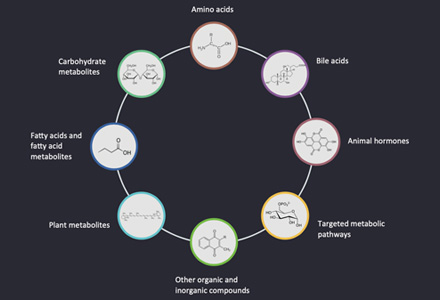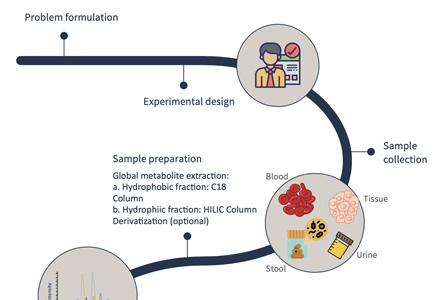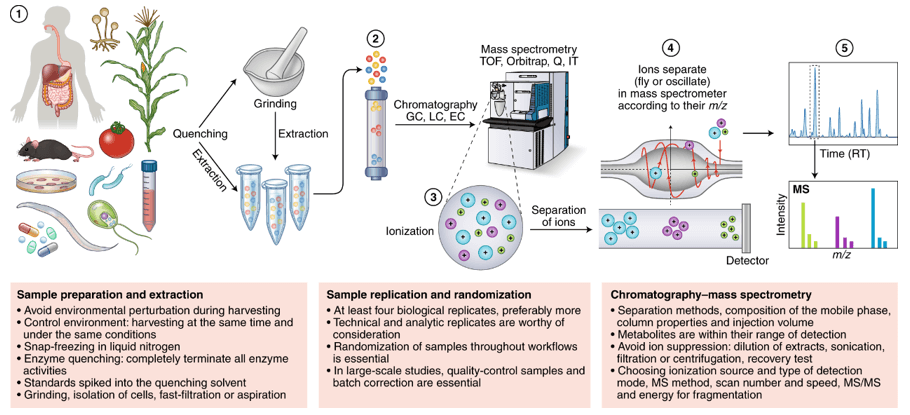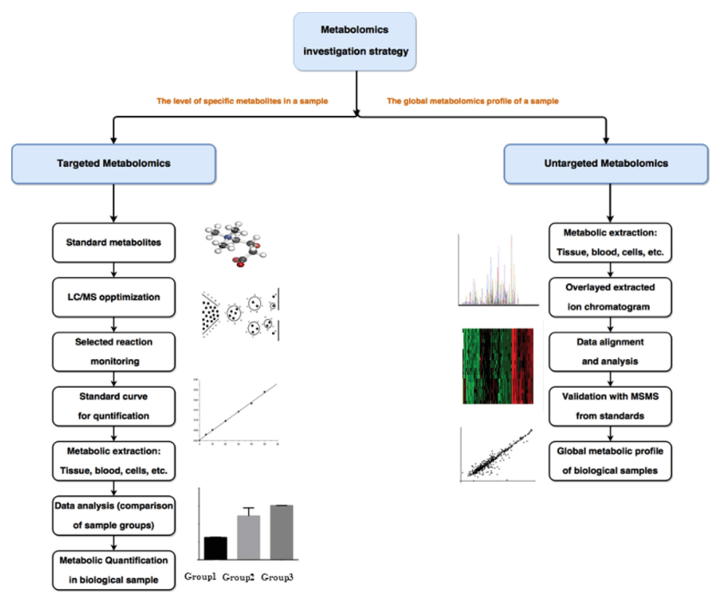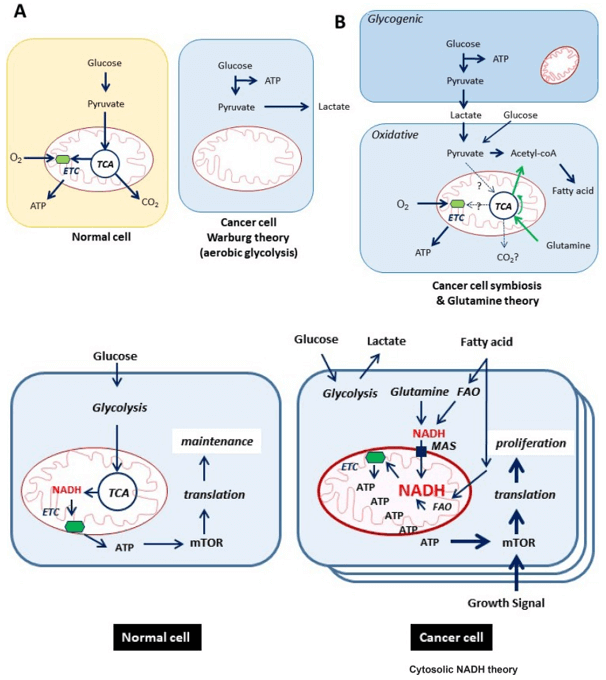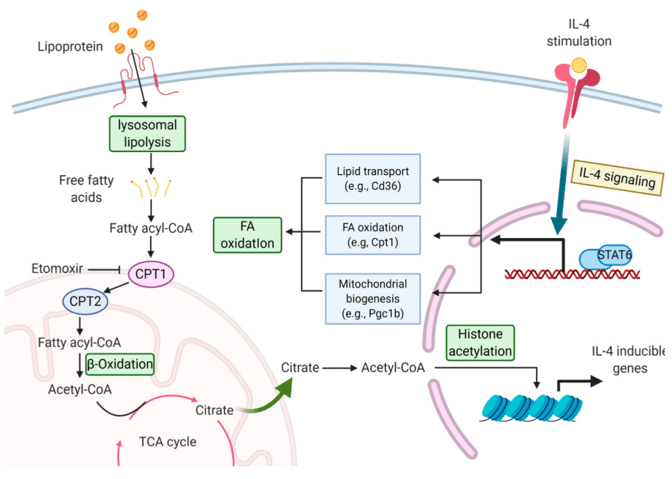- Home
-
Metabolomics Service
- Target Metabolomics Service
- Untargeted Metabolomics Service
- Polar Metabolites Analysis
- Single Cell Metabolomics Service
- Spatial Metabolomics Services
- Metabolic Flux Analysis Service
- Metabolic Pathways Analysis
- Metabolomics Data Analysis
- Volatilomics Analysis
-
Plant Metabolomics
-
Plant Targeted Metabolomics
- Alkaloids
- Anthocyanins
- Carbohydrate Metabolism
- Carotenoids
- Central Carbon Metabolism
- C-glycosylated Flavonoids
- Chlorophyll
- Coumarins
- Dihydroflavanones
- Fatty Acids
- Flavonoids
- Flavanones
- Flavonols
- Free Fatty Acids
- Isoflavonoids
- Lignans
- O-glycosylated Flavonoids
- One Carbon Metabolism
- Plant Hormones
- Plant Lectins
- Polyketides
- Polyphenols
- Plant Peptide Hormone
- Puerarin
- Quinones
- Saponins
- Stilbenes
- Short Chain Fatty Acids
- Tannins
- Terpenoids
- Terpenes
- Toxins
- Vitamins
- Plant Untargeted Metabolomics
- Plant Untargeted Lipidomics
-
Plant Targeted Metabolomics
-
Human and Animal Metabolomics
- Human and Animal Targeted Metabolomics
- Human and Animal Untargeted Metabolomics
- Human and Animal Untargeted Lipidomics
-
Solution
- Metabolomics in Drug Development
- Metabolomics in Biomedical Research
-
Metabolomics in Agriculture
- Genetically Modified Crops Metabolome Analysis
- Trait Biomarker Analysis
- Biofuel Metabolomics Analysis
- Biotic Stress Metabolomics Analysis
- Abiotic Stress Metabolomics Analysis
- Pesticide Metabolomics Analysis
- Plant Active Ingredient Analysis
- Plant Nutrient Metabolomics Analysis
- Plant Nutrient Metabolomics Analysis
- Fruit Tree Metabolomics Analysis
- Bryophytes Metabolomics Analysis
- Animal Genetics Breeding Metabolomics
- Animal Nutrition Research Metabolomics
- Metabolomics in Veterinary and Animal Health
- Metabolomics in Environmental Science
- Metabolomics in Food and Nutrition
- Metabolomics in Oceanographic Research
- Microbial Metabolomics Service
- Cell Metabolomics Services
-
Multi-omics
- Longitudinal Multi-Omics Analysis
- Integrative Metabolome and Microbiome Analysis
- Integrative Metabolome and Proteome Analysis
- 4D-Proteome and Metabolome Analysis
- Integrative Metabolome and Transcriptome Analysis
- Metabolome Genome-Wide Association Study Service
- Integrative Metabolome and LncRNA Analysis
- Resource
- Company
- Request a Quote





